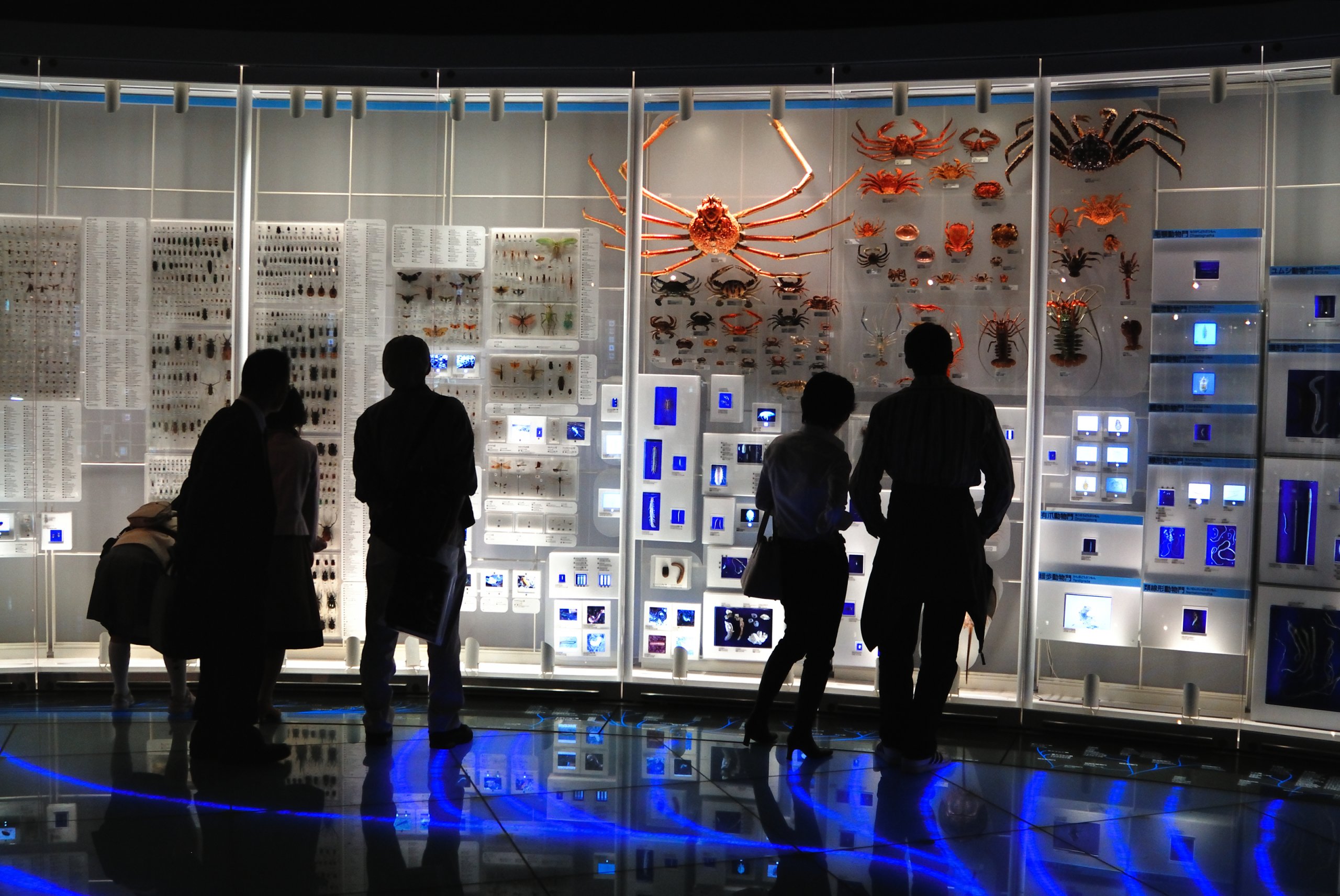The annual World Science Day for Peace and Development, which takes place on 10 November, highlights the importance of science in everyday life and the need to engage the wider public with contemporary issues related to science.

In celebration of the 70th anniversary of the Universal Declaration for Human Rights, the theme for the 2018 international day is ‘Science, A Human Right’. At a time of enormous demands on science to produce actionable knowledge needed to achieve the Sustainable Development Goals, trust in science and scientific evidence has arguably been eroded by the spread of misinformation or ‘alternative facts’. The human right to access and participate in science and its benefits has never been more important.
Promoting equitable opportunities for access to scientific knowledge, data and expertise is at the heart of the Council’s vision of science as a global public good, and informs all its activities. The World Science Day for Peace and Development provides an opportunity to reassert the human right to participate in and benefit from science in the context of today’s global challenges.
In celebration of the Day, the Council’s Chief Executive Officer, Heide Hackmann, will join a panel of experts for a round-table event taking place today at the UNESCO headquarters in Paris.
The event will consider different aspects of the human right to science, including the right of all to access and participate in science, and the right of all to benefit from scientific advancements and their applications. Speakers will address the availability, accessibility, quality and acceptability in society of science and its products, as well as the justiciability of the right to science. It will look ahead to future initiatives for promoting science as a human right, and consider limits to the right to science, such as with regards to other human rights or important values.
Heide Hackmann will contribute to a panel discussion on open science, noting that developing scientific capacity globally is all the more essential in the context of the digital revolution, which has profound implications for how scientific data is created, stored and accessed, and by whom.
The celebrations at UNESCO are carried out in partnership with the Association of Science and Technology Centers (ASTC), who will contribute to the discussion by highlighting the role of science centres and museums in sharing scientific knowledge.
[related_items ids=”1343″]